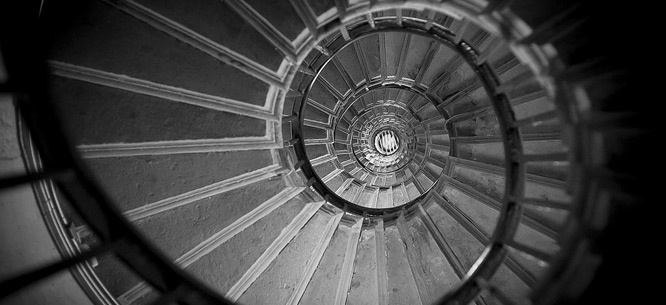
This one is from a few years ago, but it just came up in a current article about becoming a high profile personal assistant. I thought it was worth another review.
Nearly every exclusive field runs on assistants. The actor James Franco, like Buddha before him, had an assistant keep track of his meals and school assignments. The critic and writer Daphne Merkin has employed a steady stream of Ivy-educated elves. They’re tasked with everything from editing to returning dead houseplants. Bestselling novelist John Irving (The Cider House Rules, A Prayer for Owen Meany) has an assistant who types up his roughly twenty-five pages of handwritten manuscript a day. He recruits exclusively from liberal arts schools in cold climates like Middlebury and Vassar, to ensure his hires can survive the winter at his home in Dorset, Vermont. During the 2008 presidential season, recent Harvard grad Eric Lesser impressed senior advisor to the president, David Axelrod, with his color-coded system for tracking Obama’s campaign luggage. Lesser was taken on as Axelrod’s “special assistant,” assuming responsibility for everything from supervising his boss’s diet to organizing the first-ever presidential Seder.
Welcome to the main artery into creative or elite work—highly pressurized, poorly recompensed, sometimes exhilarating, sometimes menial secretarial assistance. From the confluence of two grand movements in American history—the continued flight of women out of the home and into the workplace, and the growing population of arts and politically oriented college graduates struggling to survive in urban epicenters that are increasingly ceded to bankers and consultants—the personal assistant is born.
Full Article at: The Assistant Economy | Dissent Magazine

